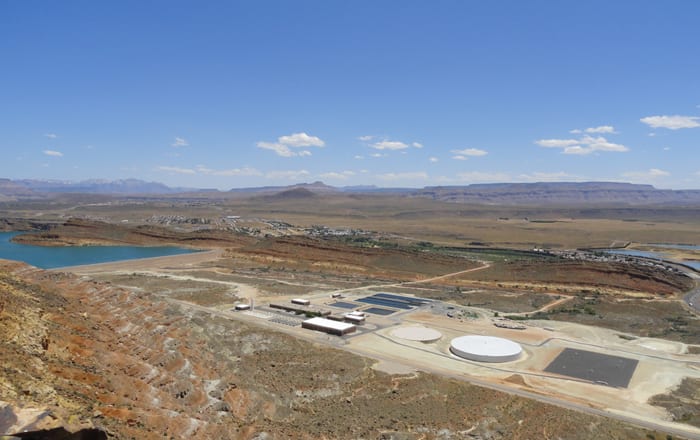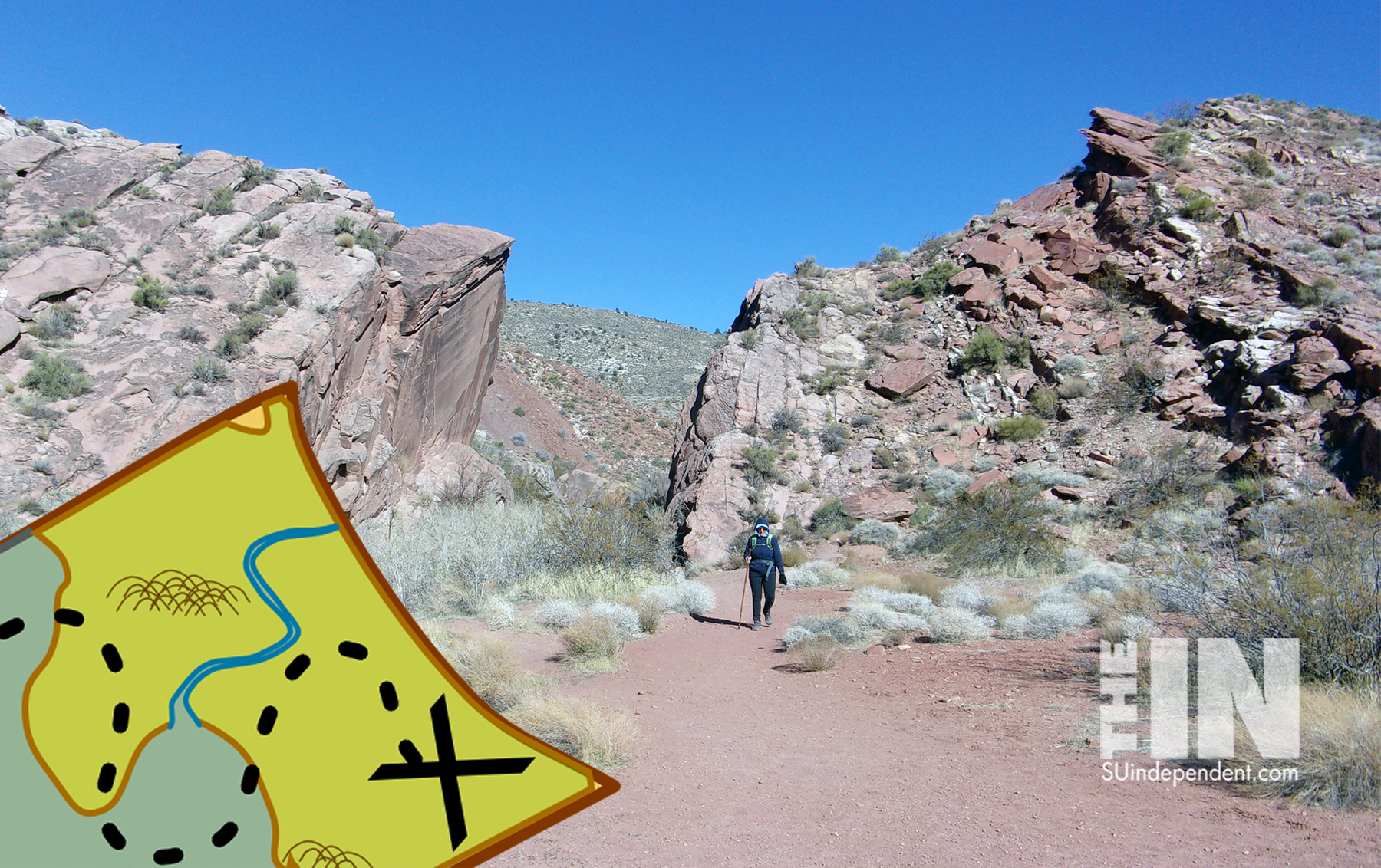Washington County Water District completes expansion at Quail Creek Water Treatment Plant
 The Independent
The IndependentThe Washington County Water Conservancy District will soon have the ability to deliver an additional 12 million gallons of clean, safe drinking water to its customers as it completes a $2.3 million expansion project at Quail Creek Water Treatment Plant. The expansion was completed in an effort to keep pace with Washington County’s high population growth.
The expansion project will allow the plant to filter 60 million gallons of water per day rather than the previous 48 million gallons. The project involves rebuilding the plant’s piping system and replacing the filter media.
Capital costs of new water treatment facilities are approximately $3.60 per gallon capacity. The Quail Creek Water Treatment Plant expansion was completed at a cost of $0.19 per gallon capacity, resulting in a tremendous savings to local water users.
The Quail Creek Water Treatment Plant is the largest plant in Washington County, charged with treating culinary water for safe use by the county’s 150,000-plus residents. During its more than 20 years of production, the plant has undergone a series of expansions to meet increased water demand, improve efficiency, and integrate new technologies. More than $58 million has been invested in the plant since its operational start in 1989.
The plant and pipeline system can receive water from Quail Creek Reservoir, Sand Hollow Reservoir, and the Virgin River. Water enters the facility through a 60-inch pipeline capable of transferring 926 gallons per second and then flows through multiple treatment processes, including filtration and disinfection. Lab technicians and plant operators run multiple water quality tests daily to ensure that it meets or surpasses state and federal Safe Drinking Water Act standards for water quality.
Washington County Water Conservancy District, a nonprofit public agency, was established in 1962 to manage southern Utah’s regional water needs. The district oversees the development, stabilization, management, acquisition, and conservation of water resources in Washington County in an ongoing effort to provide a safe and sustainable water supply for current and future generations. Visit www.wcwcd.org for more information.




